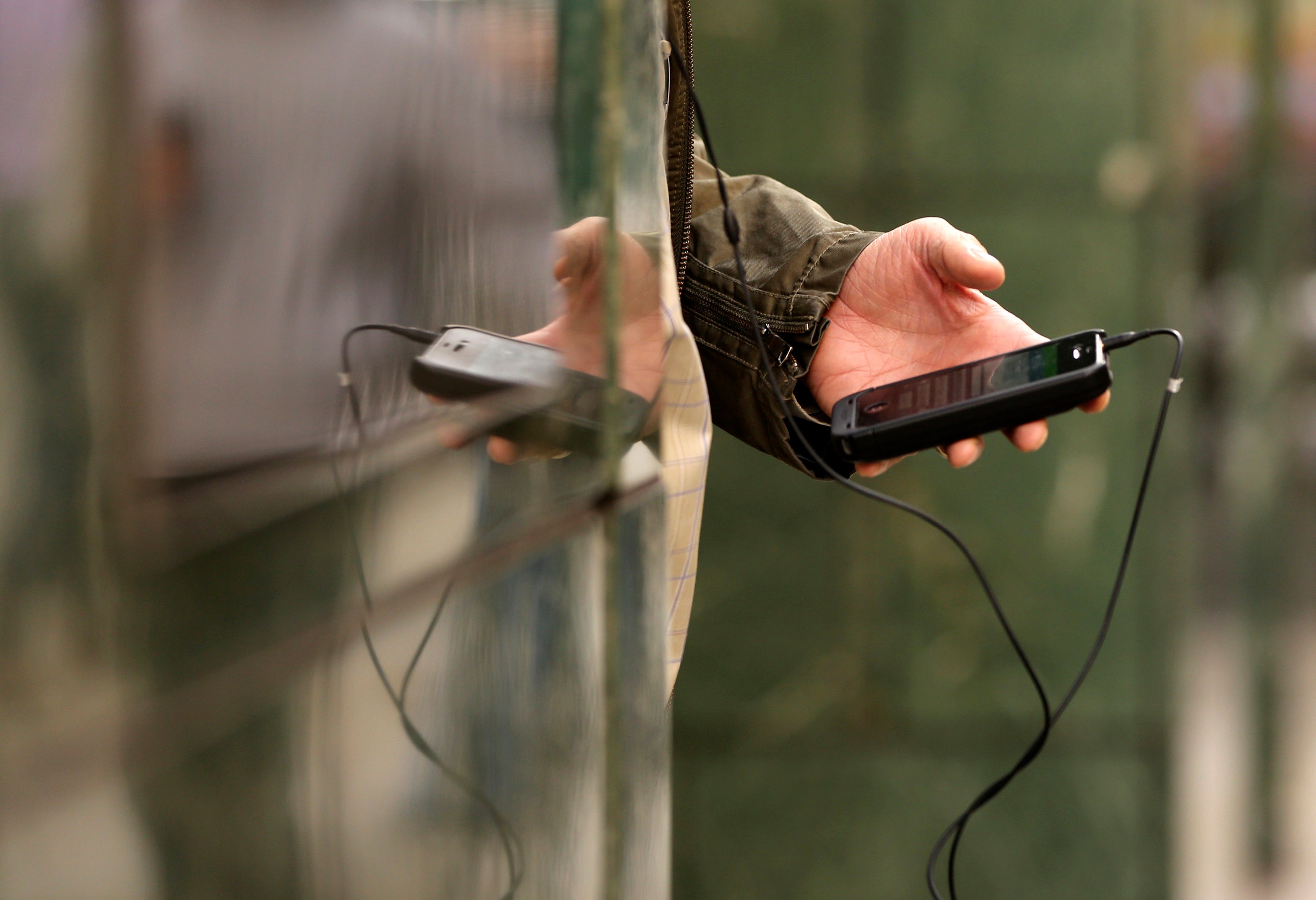First mandatory smartphone 'kill switch' law passed in the US

Minnesota has become the first US state to make it illegal to sell a smartphone without the inclusion of a “kill switch” – a piece of software that remotely disables the device in the event of theft.
The law will come into place from 1 July 2015 as a deterrent against smartphone crime, with the FCC suggesting that one in three robberies in the US involve the high-value devices.
Democratic representative Joe Atkins described the law as a “vaccine” against smartphone theft, saying “when you take away the worth, you take away the incentive. These thieves that are stealing these things no longer have the incentive to steal 'em."
Suggestions to make kill switches mandatory in the UK have also been forwarded, with London mayor Boris Johnson telling phone manufacturers last year that they need to be embrace their “corporate responsibility”.
Mr Johnson also criticized Apple and other retailers for swapping ‘broken’ handsets for new ones, a move that he claimed allowing thieves to effectively launder stolen property. The Metropolitan police estimate that as many as 10,000 smartphones are stolen every month in London alone.
However, others have argued that the introduction of legislation is unnecessary as especially as software that replicates most of a proposed ‘kill switch’s functionality is already available for every smartphone.
Apple’s ‘Find My iPhone’, Microsoft’s ‘Find My Phone’, and Google’s ‘Android Device Manager’ all allow owners to remotely track their device if it’s lost or stolen and then wipe all data. However, these apps don’t work if a thief quickly performs a factory reset or puts the stolen device into airplane mode.
Additional software is available that means smartphones require passwords or PIN codes even in the event of a factory reset (Apple’s iOS 7 has one called Activation Lock while Samsung devices have a similar Reactivation Lock) but even the recent Minnesota law doesn’t call to make this software mandatory.
It seems that progress is being slowly made to introduce stronger kill switches but that the burden of security lies mainly with the consumer – a state of affairs that isn’t likely to deter thieves.
Join our commenting forum
Join thought-provoking conversations, follow other Independent readers and see their replies
Comments
Bookmark popover
Removed from bookmarks